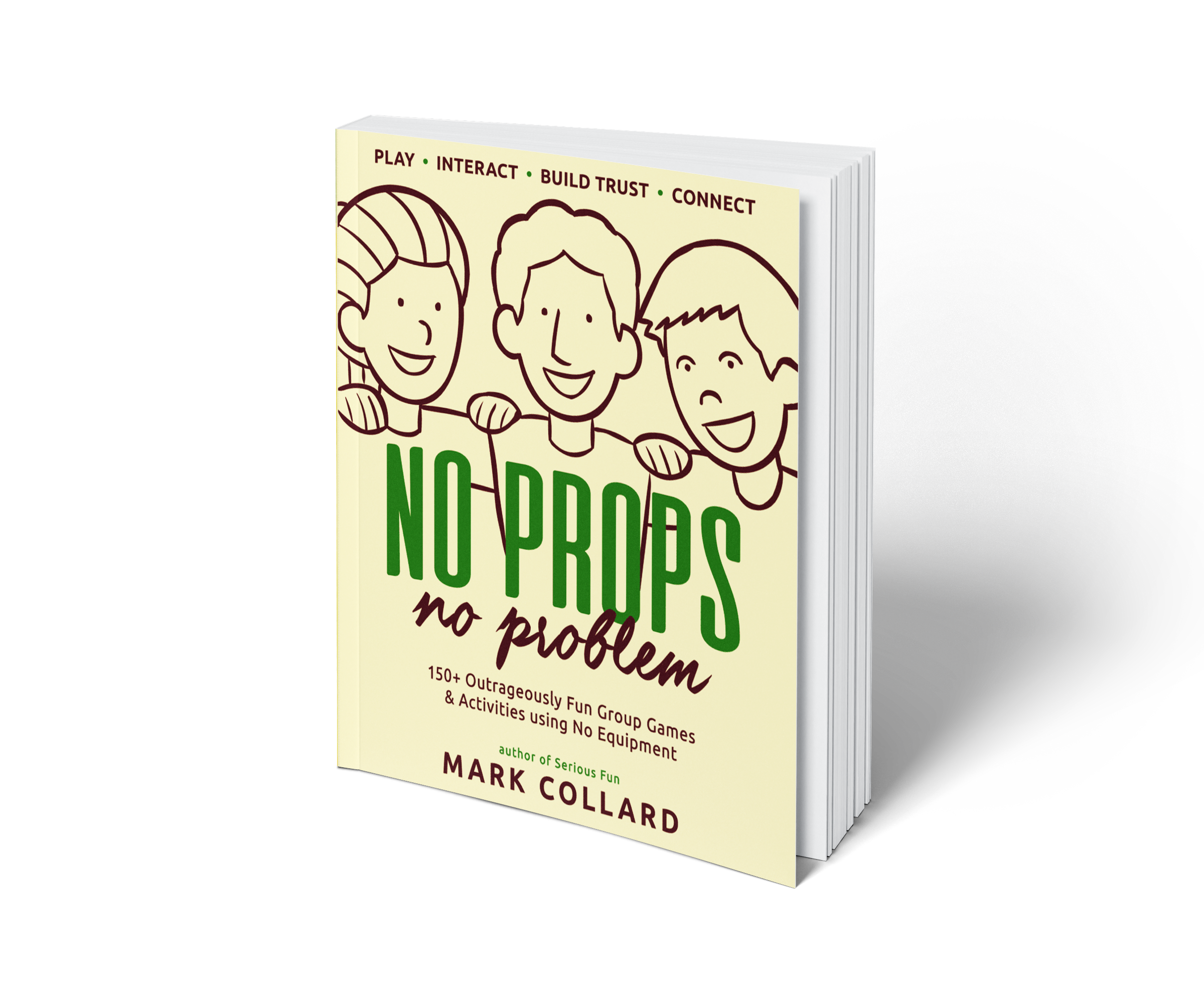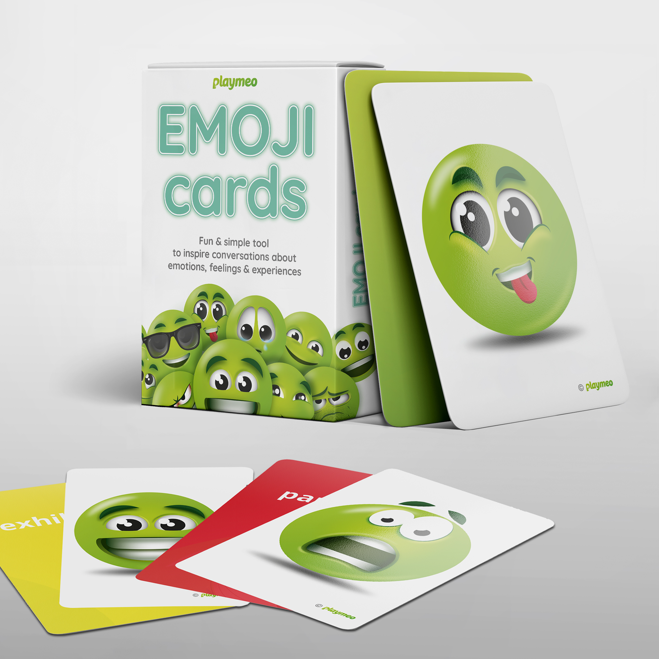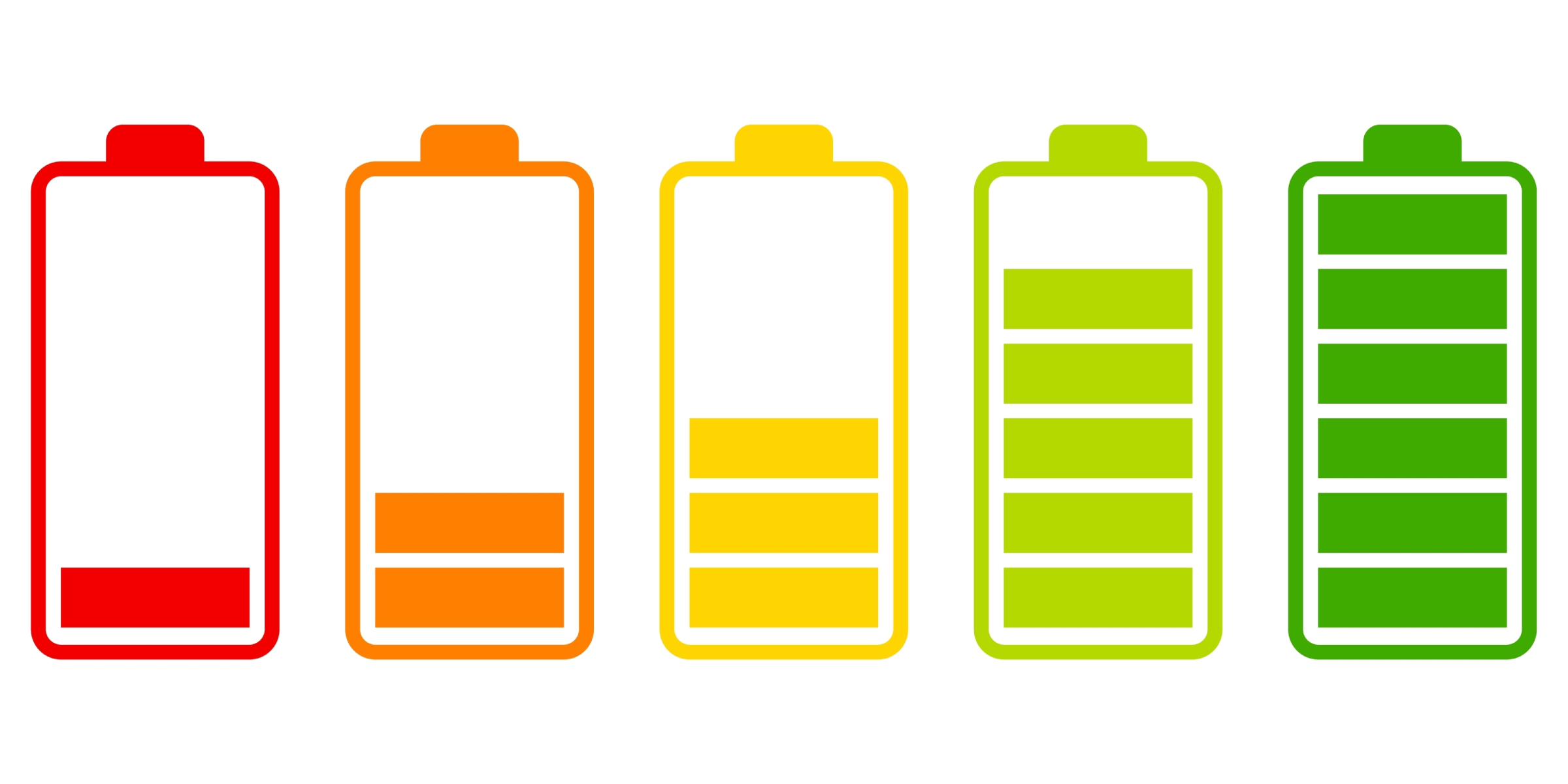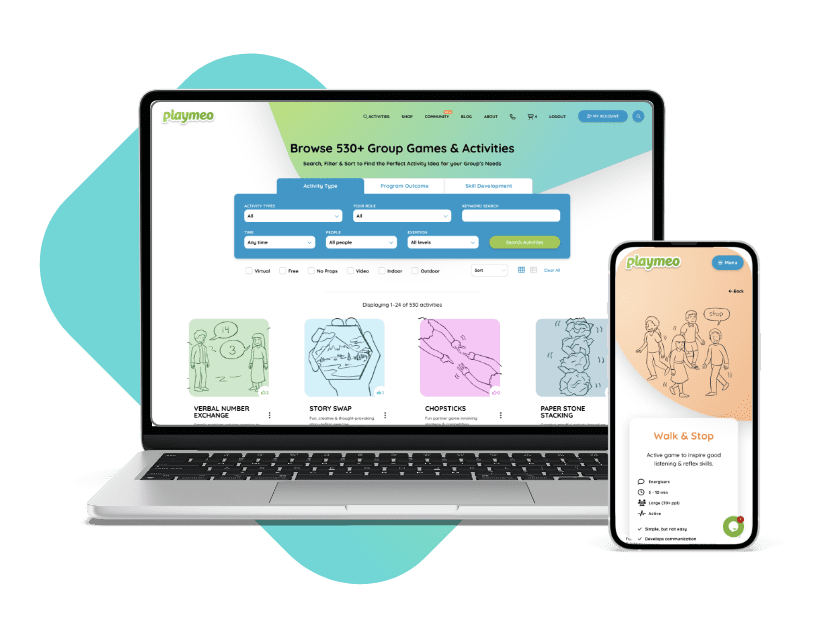Download our free 28-page ebook jam-packed with outrageously fun activity ideas.
I make a very simple request at the start of all of my professional development & training workshops – I invite my group to play.
No matter how serious or recreational my program outcomes are, I simply invite people to play.
Yet, I know when I make this request, most people immediately think of ‘playing a game.’ And while this is somewhat correct, what I am really referring to is the truest form of play – a state of mind.
Play is a state of mind, not an activity.
When people enter into this space called ‘play,’ I know that they are truly prepared to share, discover, trust and learn. And, aren’t these the pre-requisites of all education?
Which raises the question, what is a useful definition of play?
As discussed in Dr Stuart Brown’s book called Play, these are the essential elements of play. Play is…
- Apparently purposeless, you play for no reason other than it is enjoyable;
- Voluntary; no one can make you play;
- Inherently attractive, something which is often hard to describe but it calls you;
- Free of time, it’s found in those moments when time just flies by;
- Not concerned with self, you are fully immersed in the activity and nothing else matters. There is a distinct lack of pretence;
- An activity you want to last forever.
For all of these reasons, or simply because it’s FUNN, play features as the central theme of all my programs. And I argue it should feature in your program too, no matter the curriculum. There can be no simpler definition of play.
Play is attractive, and it immediately engages people. And every educator knows that engaging ‘students’ in their learning is the toughest part. Everything after engagement is so much easier.













Original post October 2013, last updated May 2018.